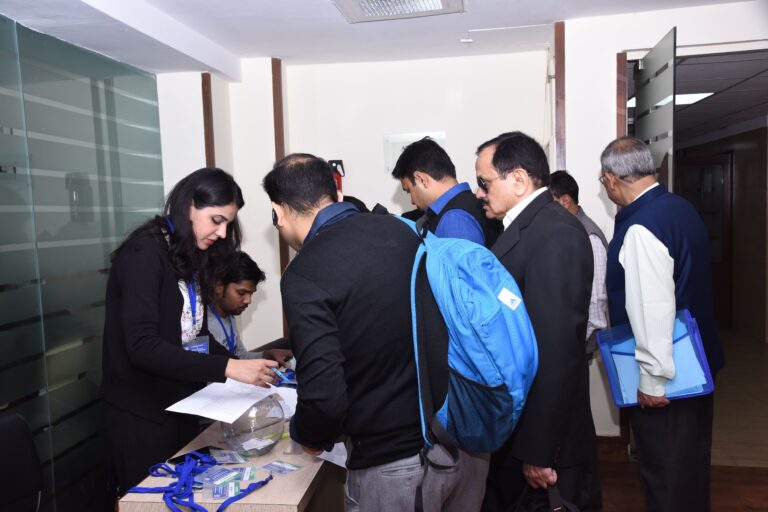Articles

Exploring the Crucial Role of Arbitrators in Arbitration Proceedings
Posted on 28 Dec 2023
The effectiveness of arbitration ultimately depends on the enforceability of arbitral awards.a
Arbitrators play a pivotal role in the arbitration process, serving as neutral adjudicators tasked with resolving disputes outside the traditional court system. Their expertise, impartiality, and commitment to fairness are essential to ensuring the integrity and effectiveness of arbitration proceedings.
In this article, we delve into the multifaceted role of arbitrators and their responsibilities in facilitating the resolution of disputes.
1. Impartial Adjudication:
- One of the primary responsibilities of arbitrators is to adjudicate disputes impartially and fairly, without bias or prejudice towards any party.
- Arbitrators are expected to apply the law and relevant legal principles objectively, taking into account the evidence and arguments presented by both sides.
2. Case Management:
- Arbitrators are responsible for managing the arbitration process efficiently, ensuring that proceedings are conducted in a timely and cost-effective manner.
- This includes setting procedural timelines, scheduling hearings, and addressing procedural issues that may arise during the course of arbitration.
3. Decision-Making:
- Arbitrators have the authority to make decisions on matters of fact and law based on the evidence presented during arbitration hearings.
- Their decisions, known as arbitral awards, are final and binding on the parties, akin to judgments rendered by a court.
4. Legal Expertise:
- Arbitrators are typically selected for their expertise in specific areas of law or industry sectors relevant to the dispute.
- Their legal knowledge and experience enable them to understand complex legal issues, interpret contractual provisions, and render informed decisions.
5. Facilitation of Settlement:
- While arbitrators are empowered to make binding decisions, they also play a role in facilitating settlement discussions between parties.
- Arbitrators may encourage negotiation and mediation, offering their insights and guidance to help parties reach a mutually acceptable resolution.
6. Maintaining Procedural Fairness:
- Arbitrators are responsible for upholding procedural fairness throughout the arbitration process, ensuring that all parties have an opportunity to present their case and respond to allegations made against them.
- They must also safeguard the rights of parties, including the right to be heard and the right to a fair and impartial tribunal.
7. Cost and Time Management:
- Arbitrators are tasked with managing costs and timeframes associated with arbitration proceedings, striving to minimize delays and unnecessary expenses.
- They may adopt procedural measures and case management techniques to streamline the arbitration process and expedite the resolution of disputes.
8. Ethical Conduct:
- Arbitrators are held to high ethical standards, including integrity, independence, and confidentiality.
- They must disclose any potential conflicts of interest and recuse themselves from arbitration proceedings where impartiality may be compromised.
Conclusion:
Arbitrators play a central role in the arbitration process, serving as impartial adjudicators, legal experts, and facilitators of dispute resolution. Their commitment to fairness, expertise, and ethical conduct is essential to maintaining the integrity and effectiveness of arbitration proceedings. By fulfilling their duties diligently and impartially, arbitrators contribute to the efficient and equitable resolution of disputes outside the traditional court system.








